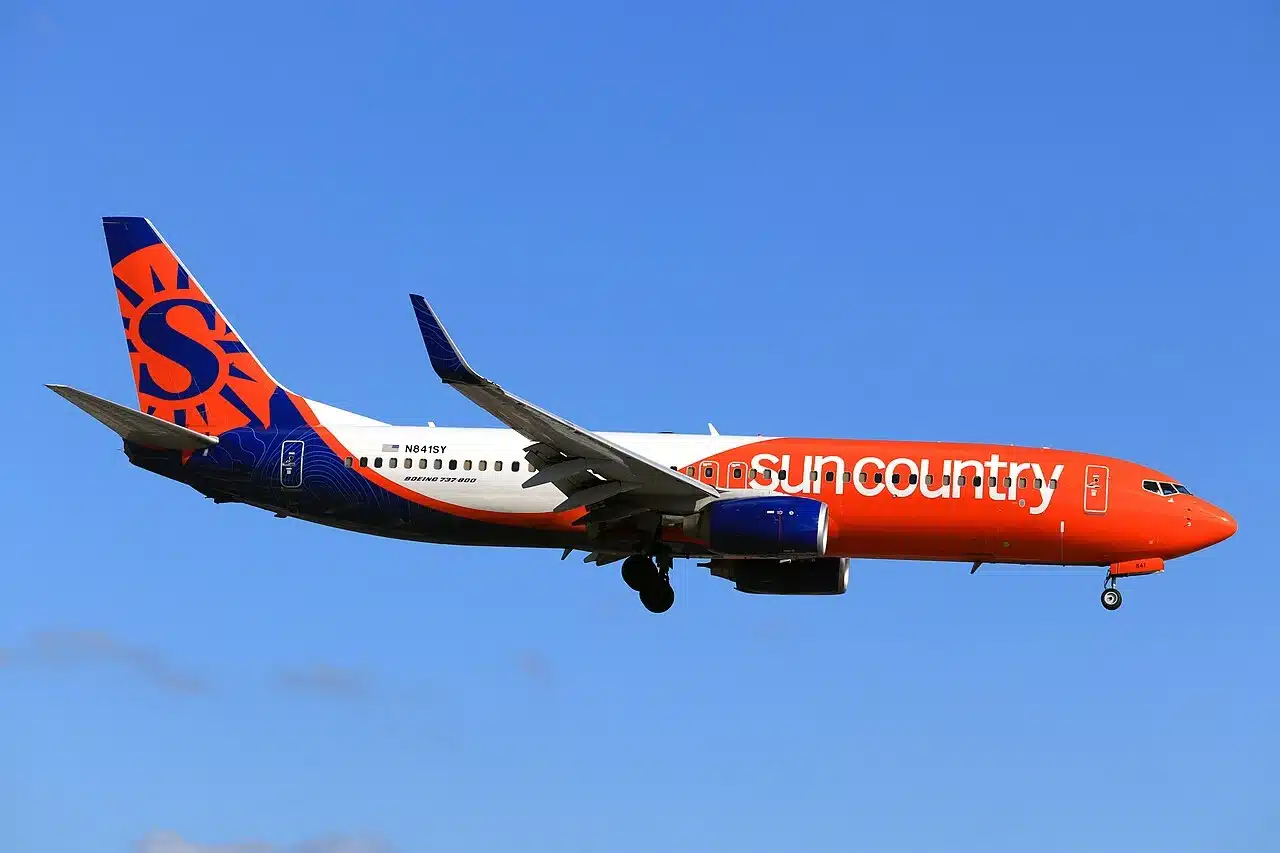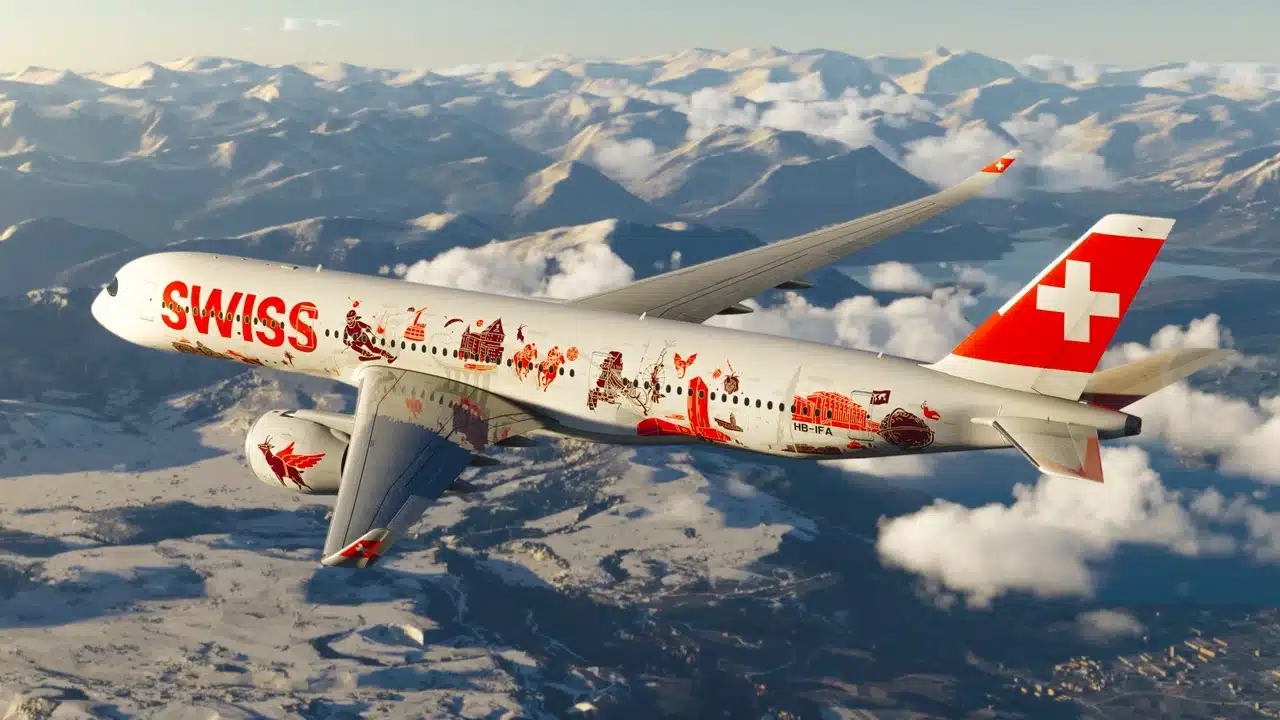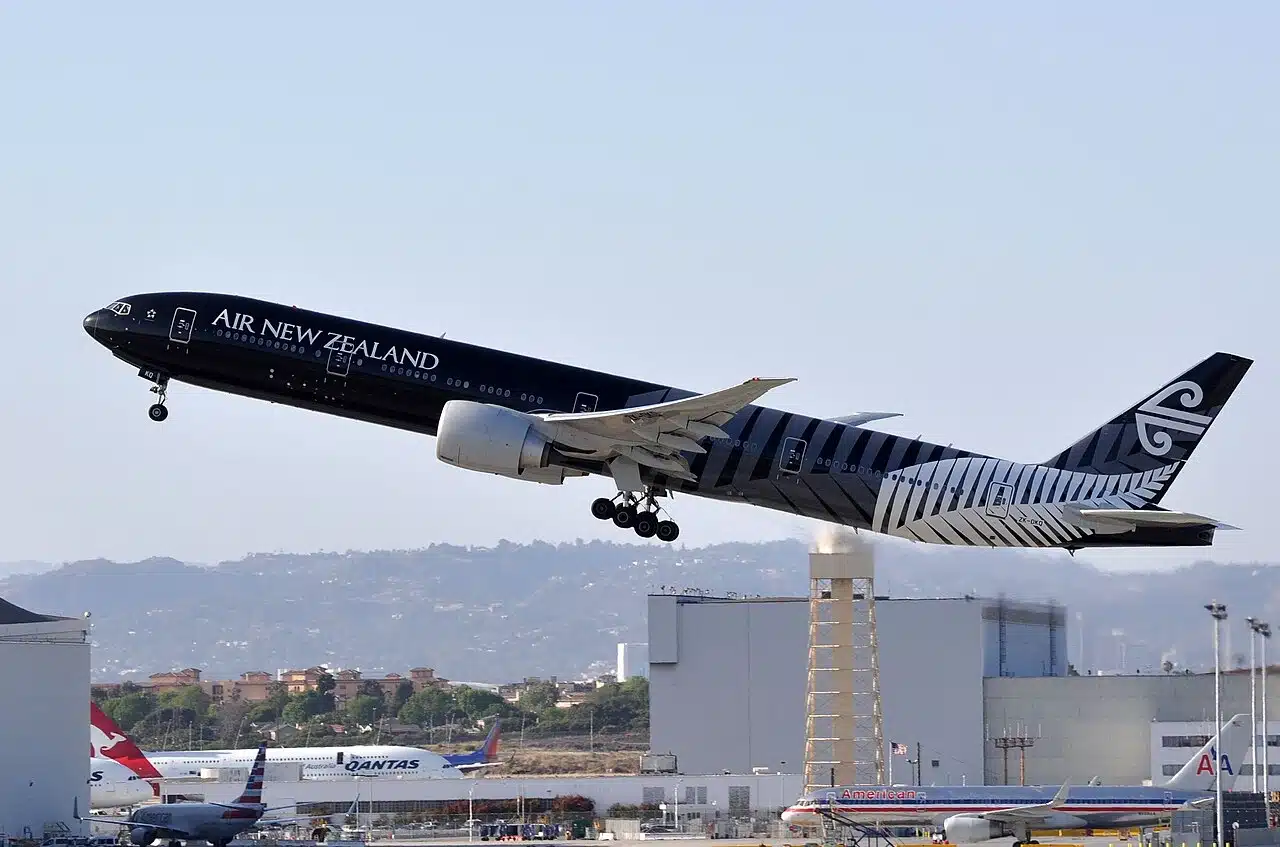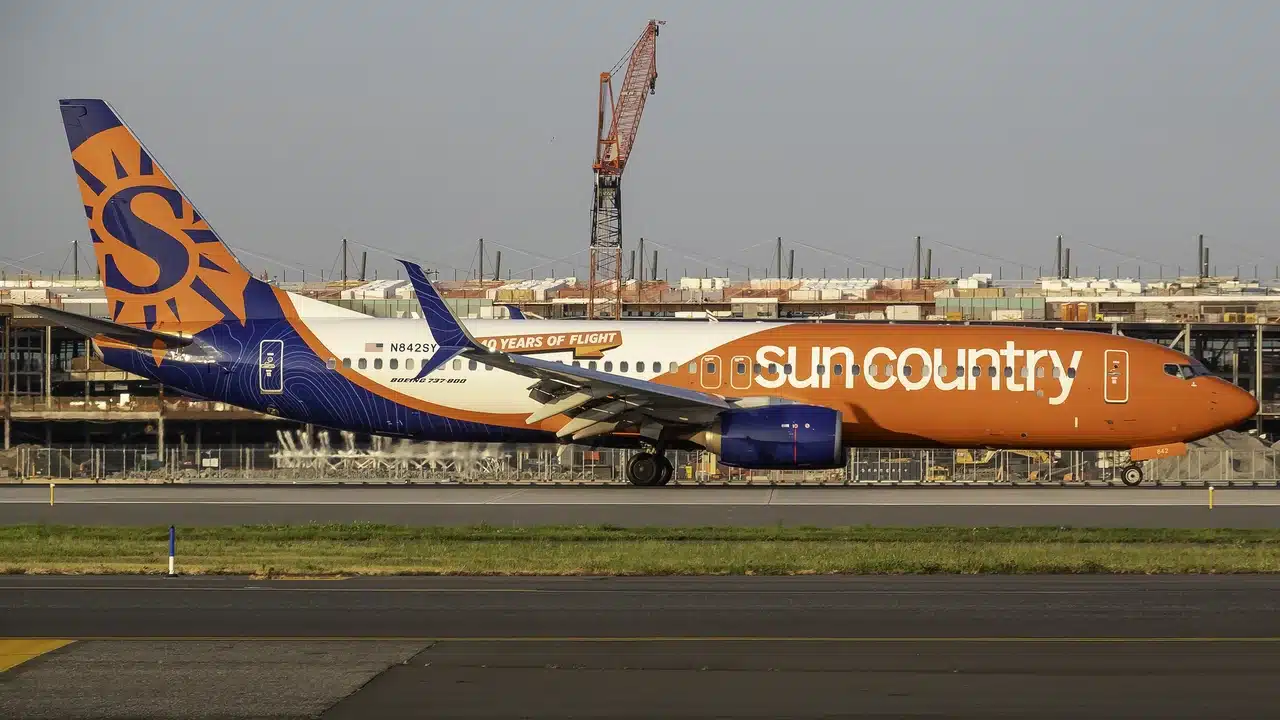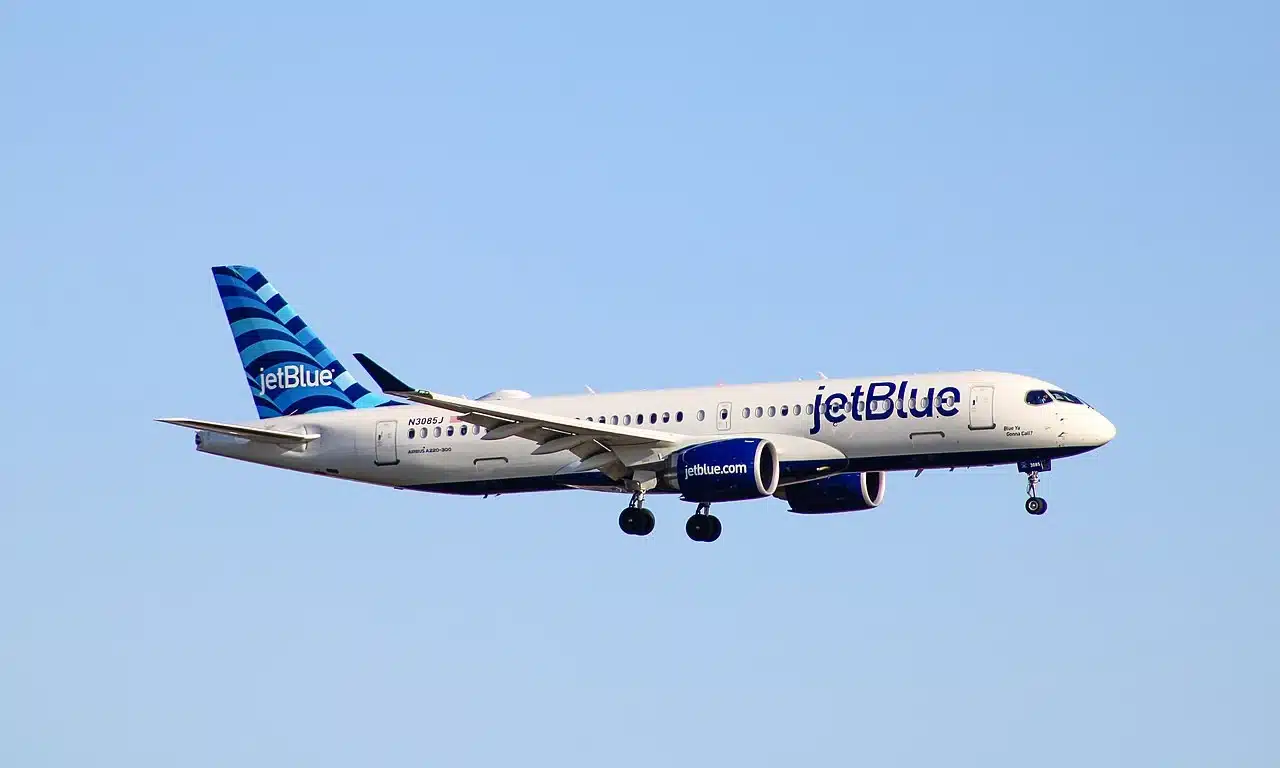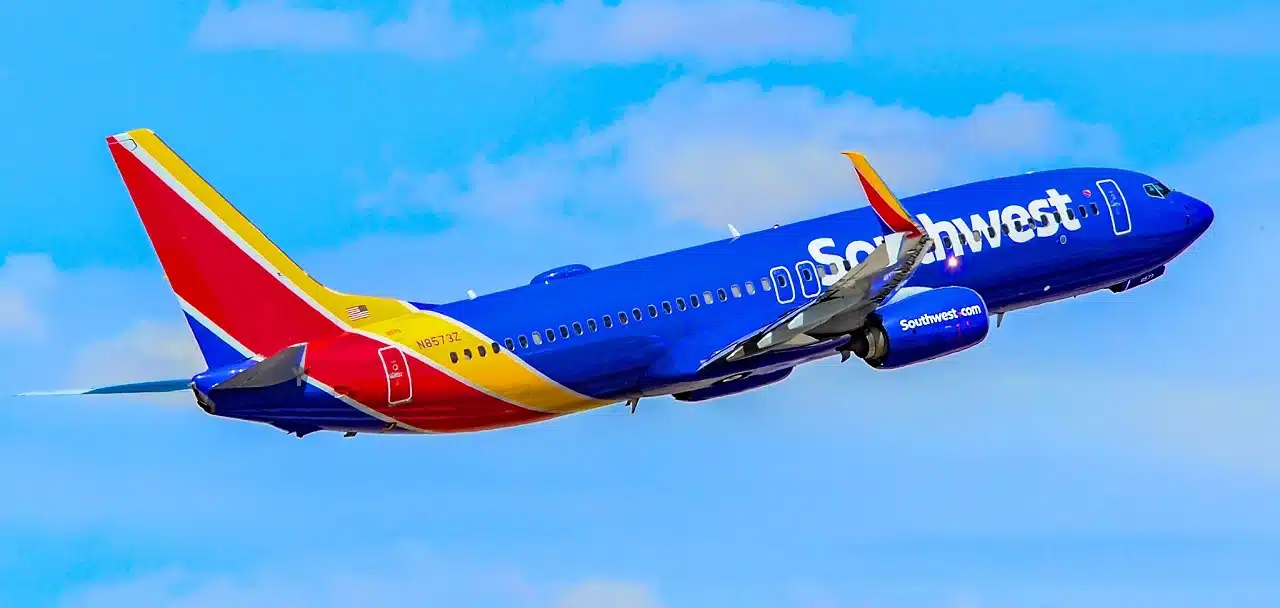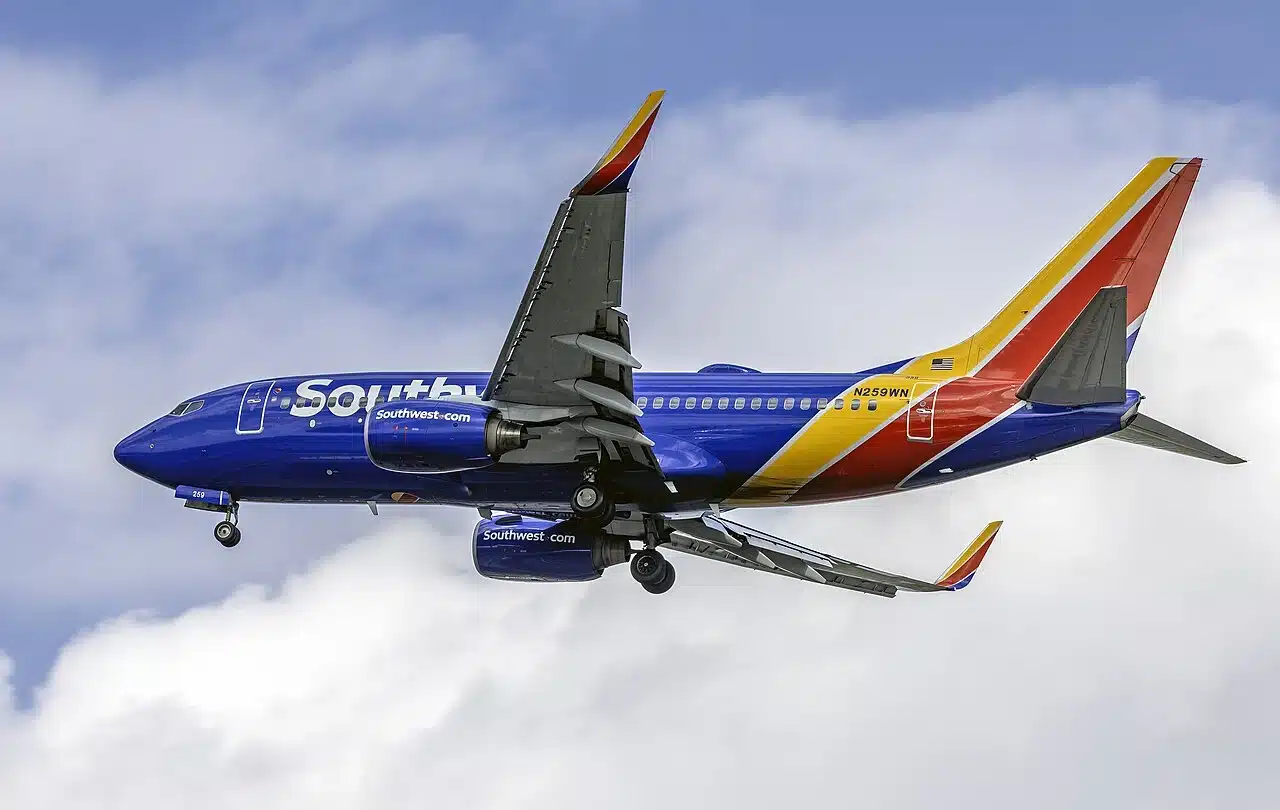


Frontier Airlines has been quiet about their own transformation and their moves since Spirit announced their 2nd bankruptcy. Find out what they’re up to.
As we barrel towards the end of 2025, we’ve covered a number of new routes, airline announcements & developments. Reflecting on some of the stories this year, one thought stands out: we haven’t talked much about Frontier Airlines (F9). So what’s been going on in the Frontier camp over the past year?
To start, the ultra low cost and leisure travel market here in the United States has gone under serious upheaval. In addition, airlines like Southwest have been forced to change and reimagine their business models to generate as much revenue from their passengers as possible to remain competitive. Airlines have been forced to adjust, yet Frontier has been relatively quiet about their developments.
As it turns out, they’ve been very busy. Let’s unravel what Frontier has been doing behind the scenes.
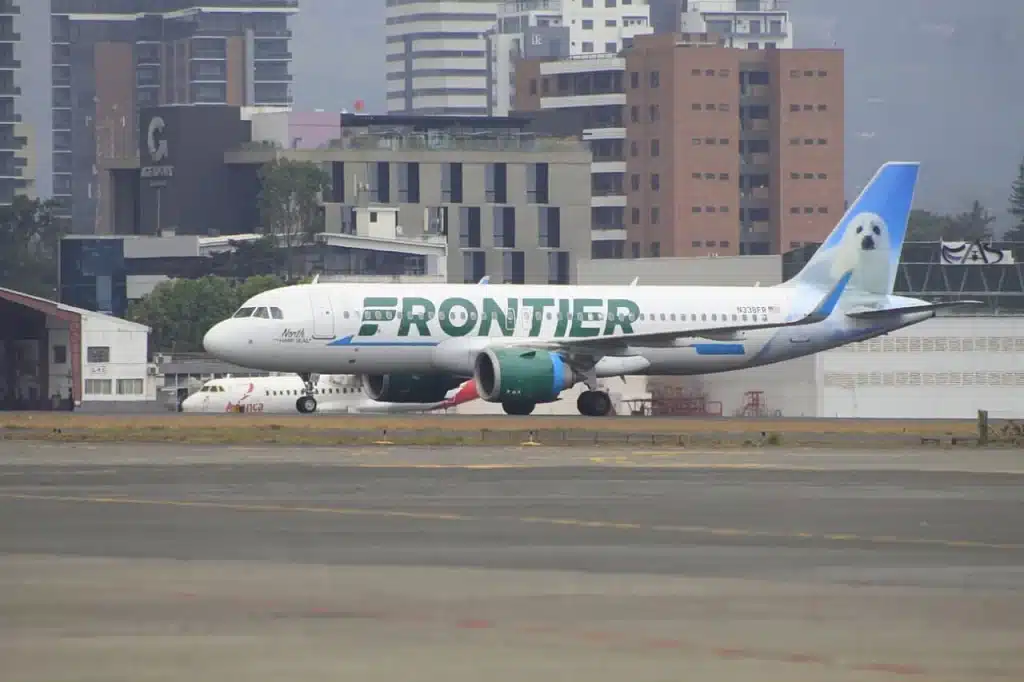
For a complete breakdown of how all five US ultra-low-cost carriers compare in the post-Spirit landscape, see our complete ULCC guide.
Like most ULCCs, Frontier has identified the need to evolve its business approach. Industry executives like United’s CEO Scott Kirby have openly criticised and dismissed the ULCC model, arguing it’s fundamentally flawed.
He cited customers resent being charged for every convenience. While they do love the low fares, Kirby argued that nickel and diming for everything else isn’t a sustainable business model. He also mentioned that he believes that Spirit Airlines won’t survive a second bankruptcy thus signifying the end of ultra low cost travel.
Frontier CEO Barry Biffle retorted Kirby’s claim with a sarcastic “That’s cute” before defending his airline’s value proposition. F9 is serving travelers who are considering the alternative of not flying due to expensive airfares. Frontier aims to make air travel accessible to this market of people that legacy carriers often overlook.
But, Frontier’s recent changes to their cabin product tell a much different story about their confidence in the ULCC model as it stands.
Just for context ,the airline has historically been obsessive about fuel efficiency and aircraft weight. These concerns translate into fees for virtually every passenger convenience that goes against these initiatives.
Flight entertainment systems have been eliminated to cut down on weight. Frontier uses a fleet of Airbus A320NEOs, all built with maximum fuel efficiency in mind.
But now, Frontier is taking steps that we’ve already seen from Southwest, to generate even more revenue from their passengers and improve their margins per flight.
In a move that by all means should be considered as groundbreaking in the U.S ultra low cost sector, Frontier is adding a first class option in late 2025. The airline will be retrofitting its planes converting the first two rows into premium seating that feature larger seats and more legroom.
This is something that isn’t currently offered by most other ULCCs. Spirit is the only ultra low cost airline that has something remotely close to what Frontier is going to be offering.
Frontier will also add premium economy options towards the front of the cabin. These seats will have added legroom and are marketed to feature a guaranteed empty middle seat for added comfort.
These adjustments will be rolled out in fare bundles allowing passengers to purchase combinations of premium perks under their labels of economy, premium, and business class.
These bundles also have benefits like waived cancellation fees, additional checked luggage, and more. The goal of these bundles is to provide their customers an element of relief to the wall of fees that Frontier normally charges as well as deliver the added quality that Frontier’s customer base desires.
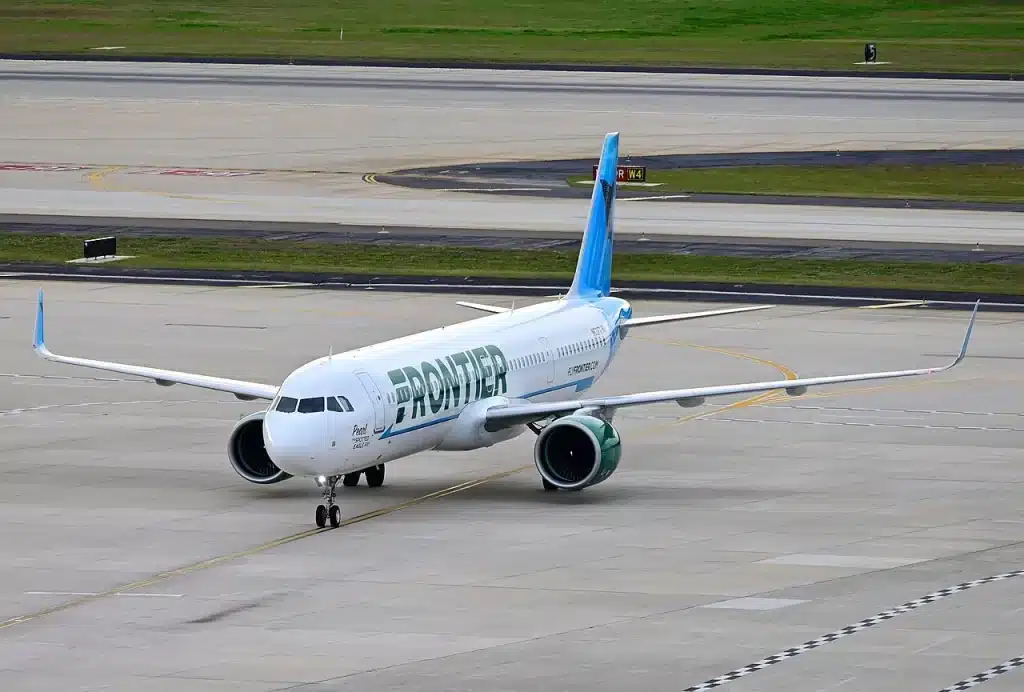
These aren’t moves made by an airline that is fully confident in the current ULCC landscape. With Spirit possibly folding, Frontier is better positioning itself to become the dominant ultra low cost carrier and secure its survivability.
Their transformation is the result of a great market assessment. The U.S airline industry is evolving. Frontier identified that their traditional model was leaving money on the table.
Passengers also want more value for their fare, and Frontier is pivoting their business model to answer the call. Something that Spirit Airlines recognized too late.
We already mentioned that Spirit Airlines, Frontier’s primary ultra low cost competitor is struggling to stay afloat as it goes through its second bankruptcy in two years. The outlook is grim. Spirit is cutting pilots, flight attendants, aircraft, and routes in a restructuring effort.
Multiple carriers have jumped on the opportunity to capture the market share Spirit is leaving. JetBlue, United, and American have all announced routes to fill in the void left by Spirit. Frontier is also capitalizing on Spirit’s demise.
As part of Spirit’s restructuring, they are consolidating operations around their core hubs in Detroit and Fort Lauderdale while cutting service from less profitable markets.
For example, they are leaving cities like Milwaukee, Salt Lake City, Portland, and Phoenix entirely, in late Q4 2025 and early Q1 2026.
In these markets that Spirit is planning on abandoning, Frontier has already come in and began replacing them.
The airline added Milwaukee-Atlanta service and grew its winter leisure flight network from Phoenix to feature destinations like Spokane and Reno. All planned to start in Q4 2025. This is before Spirit officially exits. This bold move reassures Spirit’s loyal base in these cities that affordable travel will continue, but Frontier will be carrying the torch.
For Frontier, these examples are smaller tactical wins. Frontier’s broader strategy has been even larger. Throughout 2025, the ULCC has emphasized dominating 20 major U.S. metro areas. They already made its mark in places like New York City, by expanding service from Newark and introducing flights from New York – JFK.
Spirit’s troubles have only added more fuel for Frontier’s path to total dominance of all ultra low cost carriers in the United States.
Theodore Roosevelt’s most famous quote advised folks to “speak softly and carry a big stick”. Remain peaceful while maintaining the ability to wield forceful action when necessary. This quote can accurately describe Frontier’s approach over the recent months.
While louder competitors have made more noise about their strategies surrounding Spirit’s downfall or sweeping changes to their business model, Frontier operated much differently.
United’s CEO publicly blasted the ULCC model. JetBlue and American both have trumpeted their leisure expansion plans to Florida and the Caribbean. Southwest has been very vocal about transforming their cabin product and business practices to remain competitive. Frontier, who is undergoing all the same things has chosen a path backed by quiet confidence and action.
They positioned their changes as necessities rather than radical reinventions, Frontier has maintained their core ULCC mission while understanding their passengers demand for quality. Their low profile approach helped them avoid customer backlash like what Southwest is going through in its own business model pivot.
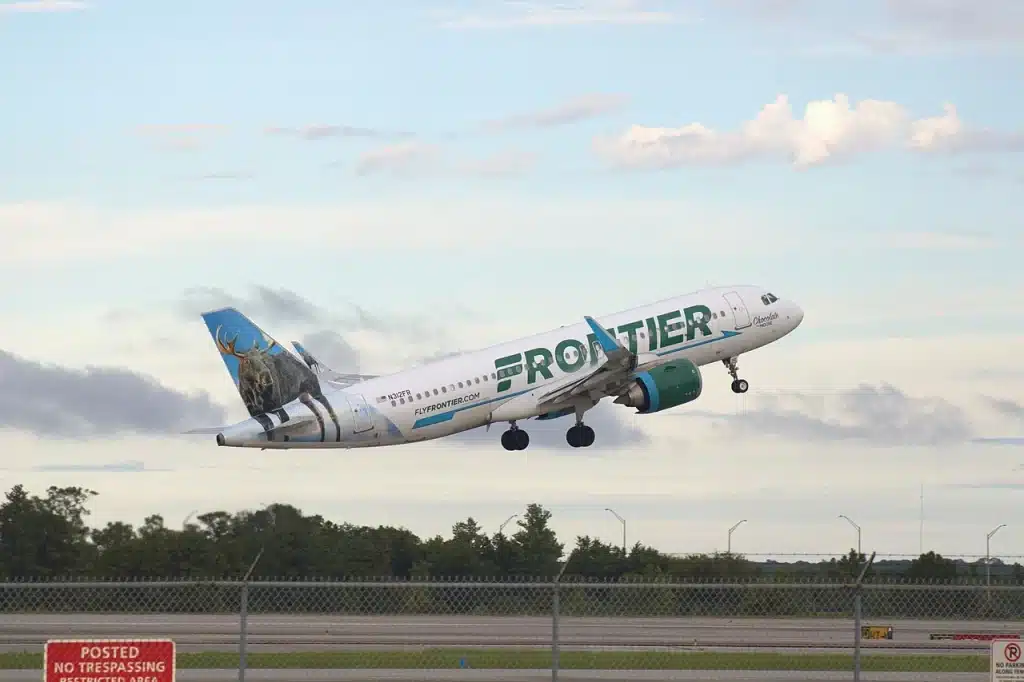
Ultra low cost air travel plays a major role in the U.S transportation ecosystem. Frontier exists to serve passengers who would forgo flying altogether due to cost. In an uncertain economic landscape which the U.S has today, having accessible ULCCs help regulate ticket prices across the industry making travel possible for more Americans.
Frontier is making all the right moves to ensure its survival. Many established principals like extreme cost consciousness are now paying dividends for the airline’s bottomline.
From a passenger standpoint, paying fees for just about everything is very frustrating. But the alternative is a U.S. airline industry without a ULCC option. With Spirit possibly on its way out, the ULCC market is getting much weaker.
Frontier may not be making major headlines, but they’re quietly making a stronger, more sustainable business that could become an undisputed leader in affordable air travel for Americans.
The No-Nonsense Guide to Ultra-Low-Cost Carriers in the United States

